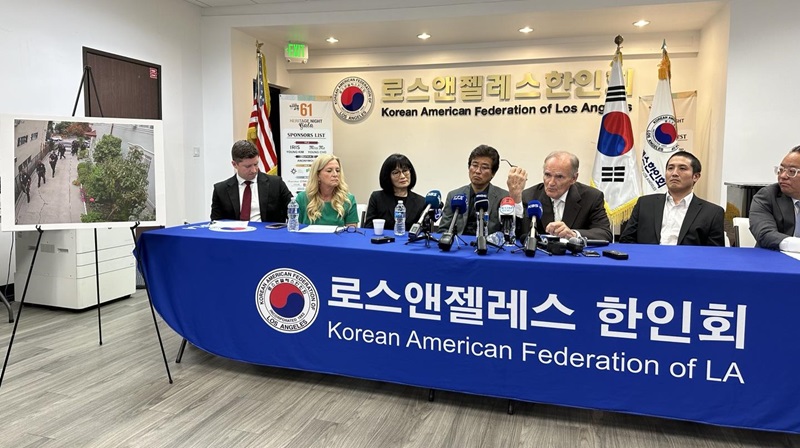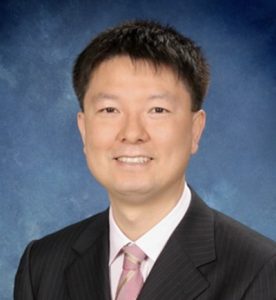Decades ago, during my studies in the United States, I found life here quite challenging. It was particularly difficult when incidents starkly reminded me that this was not my home country, even as I tried to live diligently, forgetting that fact.
The first such incident was the 1992 riots, an event that can be seen as collective bullying against Koreans. In addition to the tyranny of the white media, Koreans bore the brunt of black people’s anger — anger they wouldn’t dare direct at whites. Koreans became the victims of this double whammy. No one has issued a single apology for the 1992 riots to the Korean community in LA until now. As a result, Koreans in America have been left as outsiders. With no one to help, Koreans had to take up arms to protect their homes and workplaces, a painful memory. This event likely made many realize the desperate need for Korean politicians who could speak up for us.
I bring up the yet unhealed wounds of the Korean community because of the recent death of Yong Yang, a mentally ill man fatally shot by the police. When his family called the police asking to have him taken to a hospital, the officers treated it as a criminal case, resulting in his death. This tragedy was a result of LAPD’s excessive force.

However, the reaction from the Korean community shows a significant difference in response. Despite the possibility that any of us, our children, or our family members could end up sharing Yong Yang’s fate, the voices demanding the truth or condemning the police’s violent response are surprisingly calm. Cold, even. This contrasts starkly with the reaction of the black community when George Floyd was killed by police in 2020.
What’s particularly astonishing is the absence of the numerous politicians who seek Korean support and donations during election seasons, tirelessly visiting the community. Didn’t they all promise to serve Koreans proudly? Reading articles in which reporters inquire about the Yong Yang case only to receive responses that it’s not within their jurisdiction infuriates me. Why do these politicians flock to LA from all over the country, seeking support, if they remain silent in the face of injustice outside their districts?
The behavior of Korean-American politicians in light of this incident is deeply disappointing. I wonder if appealing to mainstream politicians in each district might yield better results for Koreans. It’s often said that Korean political power has grown remarkably. But has it? Perhaps this narrative only holds within their exclusive circles of donors. The Yong Yang incident has starkly revealed how hollow that power is and how disconnected it is from the everyday lives of powerless Koreans. It feels like those who succeeded in politics did so for personal gains, not to serve the Korean community. How many politicians are genuinely speaking out and working for the Korean community?
If Korean-American politicians continue to remain silent about Yong Yang’s death, I want to shout, even if alone: We don’t need Korean politicians in America anymore. What use are they if they sit idle while my family falls victim to police violence? Koreans should let go of futile expectations of them, stop giving, and stop taking. Before the majority of Koreans start shouting this, I hope to see Korean-American politicians boldly speaking out about this incident, truly working for the Korean community.

By Pilseong Kim
The author is periodontist of Wishire Periodontics & Dental Implant Center.

![Son Heung-min to LAFC? Tottenham Star Nears MLS Move Tottenham Hotspur and Korea national team captain Son Heung-min is pictured on March 20. [YONHAP]](https://www.koreadailyus.com/wp-content/uploads/2025/05/0516-SonHeungmin-100x70.jpg)

![‘Squid Game’ S3 Breaks Netflix Record Despite Mixed Reviews A still from the third and final season of Netflix's series ″Squid Game″ (2021-2025) [NETFLIX]](https://www.koreadailyus.com/wp-content/uploads/2025/06/0630-SquidGame-100x70.jpg)
